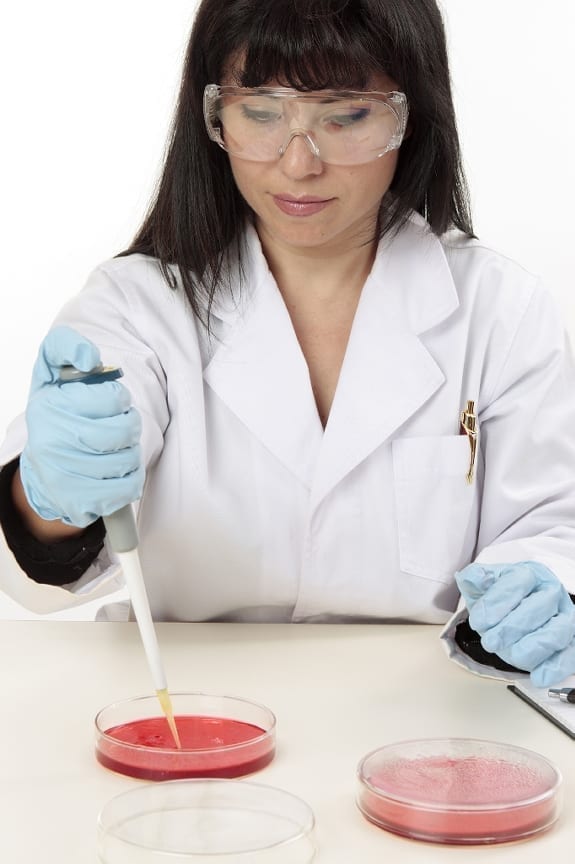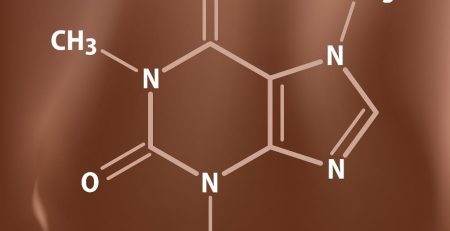Cambridge, MA Start-up Creates New Effective Drug That Kills Cancer
Chemotherapy and other customary cancer therapies do a great job of shrinking most tumors. However, some cancer cells manage to escape and seed new tumor growth — a problem that has annoyed scientists for years. Verastem Inc, a Cambridge, MA start-up is going to test a drug it hopes will target those cancer cells that survive the first barrage. Verastem has just started enlisting patients with ovarian cancer for a clinical trial in which it will test its drug, along with chemotherapy, to see if the mixture produces a more complete and effective treatment.
A small-molecule drug with the clunky name VS-6063, the new Verastem treatment is intended to turn down production of a protein called FAK, which pushes the ability of all cells to survive, spread around the body, and replicate. “If you can take away that driver, you may prevent” cancer cells from “spreading as well, you may prevent them expanding as well, and you may prevent them actually embedding to form new metastases,” said Dr. Joanna C. Horobin, Verastem’s chief medical officer.
Other research has shown that FAK levels are high in ovarian cancer patients who do not fare well, Horobin said — though it is not clear whether those high levels indicate a high number of these residual cells. The FAK protein is important in healthy cells, too. But Verastem thinks it can turn down FAK enough to destroy only cancer cells, which have more of the protein than healthy ones, said Jonathan Pachter, vice president and head of research. For years, scientists have debated the significance of these resistant cells, sometimes referred to as cancer stem cells. Some cancers have been exposed to have stem cells, some don’t, while with others there is still too little that is known. Some researchers debate whether the cells Verastem is targeting are a distinct cell type or are simply typical cells that happen to survive initial treatment.
One is Sean J. Morrison, director of the Children’s Medical Center Research Institute at the University of Texas Southwestern in Dallas. He has long objected to the idea that all tumors have stem cells. Even so, he’s hopeful Verastem’s approach will be effective. “It’s exciting that they’ve found an agent that does a better job than conventional therapy of wiping out residual ovarian cancer cells,” Morrison said. “It’s particularly exciting if they’re capable of wiping out residual cells that are capable of re-growing tumors.
Cancer stem cells were discovered in blood cell cancers in the late 1990s and in breast tumors in 2003. In 2008, a researcher working for a noted Massachusetts Institute of Technology biologist, Robert Weinberg, a cofounder of the Whitehead Institute and Verastem, discovered that these cells could not only seed a new tumor, but rapidly change back into “normal” tumor cells — at least in a petri dish. This made it difficult to study them in their resistant or stem-cell state, until researchers later developed a way to stabilize the cells enough to develop small-molecule drugs that target them. Meanwhile, Weinberg, who is also chairman of Verastem’s Scientific Advisory Board, discovered another alarming wrinkle: that chemotherapy by itself may not only fail to kill the dangerous resistant cells, but lead them to become more dangerous.
“On the one hand we’re doing good,” Horobin said, “but on the other hand, we may be storing up a potential time bomb.” Because the resistant cells can apparently alter between normal and tumor-seeding status, Weinberg said he thinks multiple drugs will be needed to wipe them out. That’s why Verastem is using 6063 in combination with a conventional chemotherapy, paclitaxel. In lab testing, Verastem has determined that tumor cells treated with a combination of the two drugs caused fewer tumors in mice than cells treated with the chemo drug alone. Separately, a small, earlier trial of the drug found that ovarian cancer patients were able to tolerate the treatment, with some nausea and vomiting being the only evident side effects, Horobin said. Verastem is one of two companies at the leading edge of cancer therapies trying to target these tumor-seeding cells. The other company, OncoMed Pharmaceuticals, of Redwood City, Calif., is taking a different approach: using antibodies from the immune system rather than small-molecule drugs aimed at proteins.
(OncoMed said it was unable to comment on its drug program because it is in discussions with the Securities and Exchange Commission.)
Meanwhile, a drug similar to 6063 – made by the pharmaceutical giant GlaxoSmithKline – was found during the last two years to slow the progression of cancer in 29 patients with mesothelioma, a cancer caused by exposure to asbestos. Usually, mesothelioma patients go just six weeks without progression, and most die within about a year of diagnosis, said Brian Sullivan, Verastem’s manager of corporate development. Verastem has applied to the Food and Drug Administration for permission to provide 6063 as an “orphan drug” to the few thousand American mesothelioma patients who might benefit from it. Verastem also has two other compounds – one that attacks FAK, the other a different cancer signaling pathway called PI3K/mTOR — that it plans to begin testing in patients with solid tumors this year.
Weinberg said he has become convinced that the principle of attacking normal and resistant cells with a combination of drugs will work against many types of cancers. “This general scheme is likely going to apply to a whole variety of solid tumors,” he said. “Of that I have significant confidence.”














